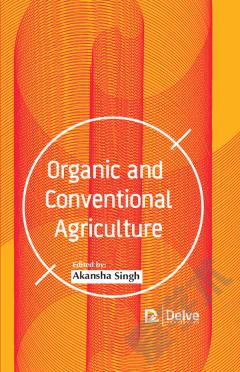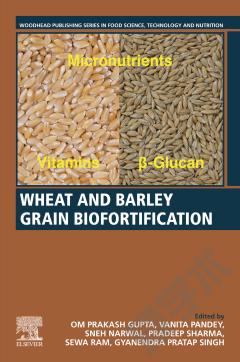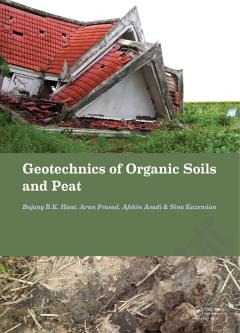Organic Farming and Peanut Crops
Organic farming is the oldest way of farming, i.e., without the use of chemicals to enhance the production of meat, vegetables, milk and derivatives, and without the use of antibiotics and pesticides to decrease economical losses due to animal sickness and plant disease. Control of plant-parasitic nematodes is difficult, especially in organic farming systems, because in contrast to foliar diseases and insect pests, effective control methods and monitoring systems are not always available. Organic farmers struggle with nematode problems using cultural, physical and biological control methods. This book discusses effective management of plant-parasitic nematodes, which can be achieved by combining several control methods after identifying the nematodes in the field and understanding their biology. Moreover, in this book, the authors illustrate how participatory plant breeding (PPB) may answer the needs of organic agriculture, and how organic farmers and their organisations have met with researchers to build common experiments of plant breeding on farms. In addition, the early history and significance of the peanut crop is discussed. Annual world production of peanuts at 30 million tons makes this crop one of the most important agricultural commodities. The physiological and biochemical response of peanut microsimbionts under different types of stress are examined as well, and compared with rhizobia. This book also explores the concept of scientific paradigms and draws parallels with paradigms in agriculture, and in particular focuses upon organic farming and genetic engineering.
{{comment.content}}








 京公网安备 11010802027623号
京公网安备 11010802027623号